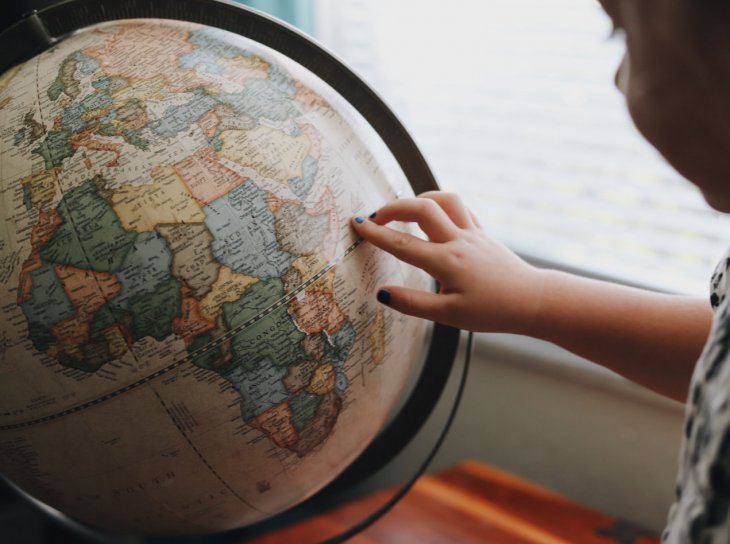The theme of this year’s International Open Access Week is equity in open knowledge. This is an issue that’s of particularly importance for PRIO as a peace research institute. Today, we continue our blog series on open access and open science at PRIO with a blog by Lynn P. Nygaard, reflecting on the opportunities and challenges of open access for scholars in the global south.

Photo: Amy Humphries CC via Unsplash
Conducting peace research depends on collaborating with partners from the global south. It is difficult to imagine how it would be possible to develop either a fully nuanced understanding of the causes of conflict or a sustainable foundation for peace unless all voices are heard.
In academic contexts, we often see that the only voices being heard are those from the richer (and Anglophone) countries. Scholars from the south struggle to have their work published, and one of the main reasons is that they simply do not have access to the academic literature. Journal articles are behind paywalls. Books are prohibitively expensive. This makes it difficult for them to follow the ongoing academic conversations, which in turn makes it difficult to participate in these conversations.
Open access – to both journal articles and books – means that scholars all over the world, regardless of their institutional affiliation, can have access to the literature they need. However, developing any kind of equitable participation in knowledge production requires that submitting work to journals (and presses) also be free of charge.
If the burden of payment is simply shifted from the reader to the author, scholars from the global south may be able to read the academic literature and more fully develop their research, but they may face increased challenges in getting their work published if they have to pay high fees.
The move to a more open academic publishing system has the potential to benefit scholars in the global south. But if this potential is going to be realized, we will have to radically rethinking how we publish and disseminate academic knowledge – what we mean by “equity”, and what we are willing to pay for it. Scholars from the global south need to be included in this discussion.
Lynn P. Nygaard is Special Adviser on Project Development and Publications at PRIO, where she provides support and coaching on academic writing and professional development. She has recently received her doctorate from the Institute of Education at UCL with a thesis on gender, identity and the path to professorship.